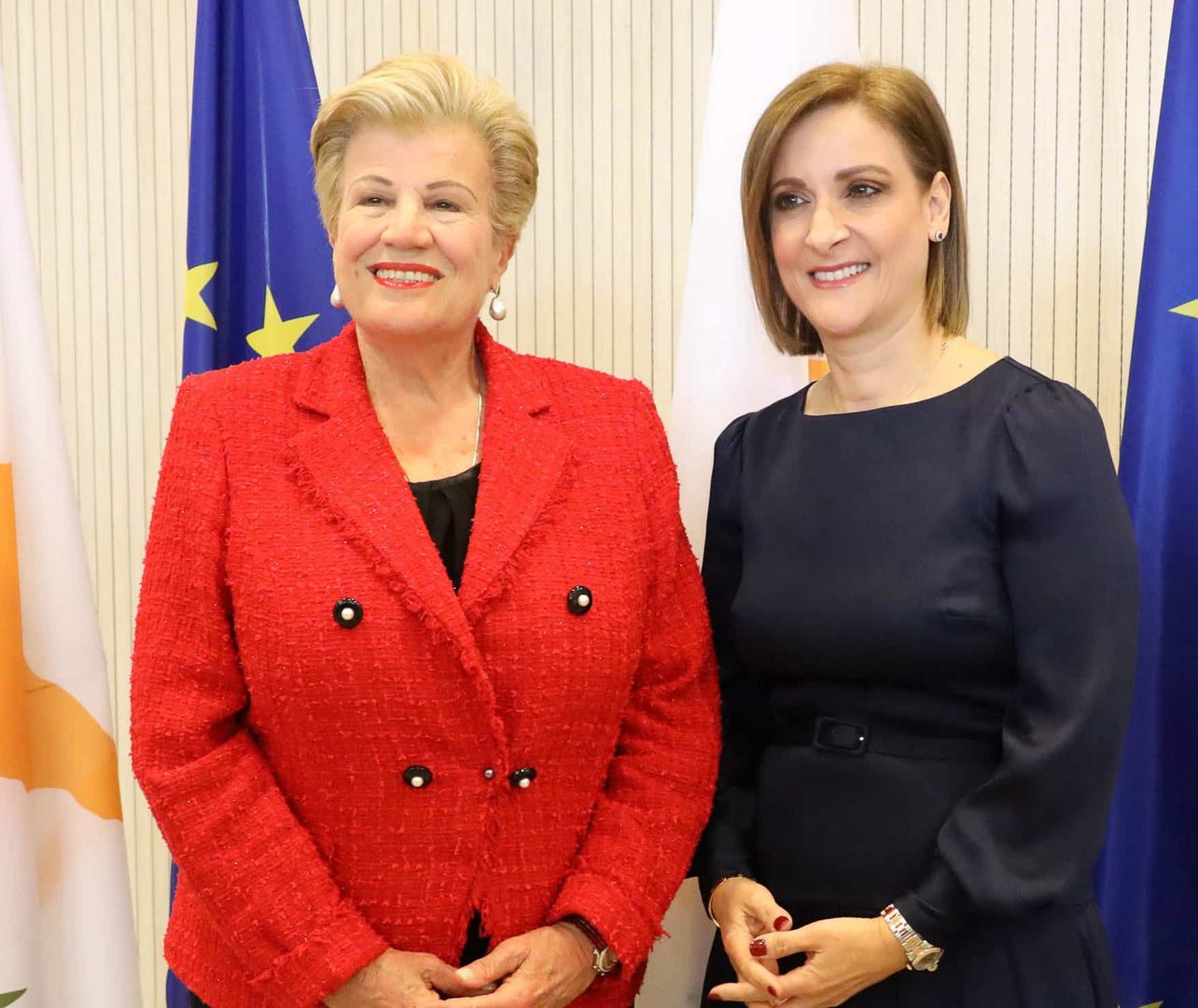Government spokesman Konstantinos Letymbiotis on Tuesday condemned “attempts to politicise” President Nikos Christodoulides’ veto of a law which would disclose the names of donors to a support fund managed by the first lady.
The law would have impacted the ‘social support body’, a fund which collects private donations and distributes the proceeds to students from disadvantaged backgrounds to cover expenses such as tuition fees and accommodation.
Under the law, all donors, individuals or corporations, which had donated €5,000 or more would be publicly named. The stated purpose of the mandatory disclosures was to boost transparency.
However, despite parliament having passed the bill into law unanimously, Christodoulides vetoed it and referred it to the Supreme Constitutional Court.
For this, Letymbiotis described Christodoulides as “the guardian of the constitution” and said he had been advised to send the law to the Supreme Constitutional Court on the advice of the legal service, which had flagged “possible unconstitutional provisions”.
Letymbiotis said Christodoulides’ decision had been “based on the obligation and responsibility arising from his office”, and that the Supreme Constitutional Court will now make a ruling, which will “be fully respected”.
On this matter, he criticised what he described as “attempts to politicise” the matter, saying this “causes a particularly negative impression, especially when it is done by invoking transparency and accountability”.
He said transparency and accountability regarding the ‘social support body’ are “guaranteed in any case” as the list of donors is shared with both the Audit Office and parliament.
Additionally, he said, “the deliberate reference to ‘the president’s wife’s fund’ is offensive.”
“The fund is managed by the accountant-general and all accounts are submitted to the auditor-general and to parliament with full transparency,” he said.
He added, “the president’s wife presides over the body … like other charitable organisations, in the context of the social action it carries out.
“The operation of distorting the real facts, as well as the reaction to the mention of possible unconstitutional provisions, despite the fact that most of them had already been raised in parliamentary committees, is something that has at the very least made an impression,” he said.
The ‘social support body’ was first established in 2014 and placed under the wing of then-first lady Andri Anastasiades, before being passed on to Philippa Karsera Christodoulides when her husband became president last year.
The current first lady had twice appeared at the House ethics committee to discuss the bill. In opposing the proposed disclosures, she argued that publicly disclosing the list of donors would in fact discourage some potential donors from participating.
Some MPs had on this point argued that donors, especially large corporations, would be more than glad to advertise their charity, while other critics had suggested that the fund could be abused as a vehicle for vote harvesting during election periods.
Akel MP Christos Christofides had expressed his “surprise” at the veto on Monday.
“The law aims to enhance transparency and accountability. If political parties and other organisations are obligated to publish the donations they receive, why shouldn’t the presidential palace, the centre of executive power likewise do so?” he asked.






Click here to change your cookie preferences